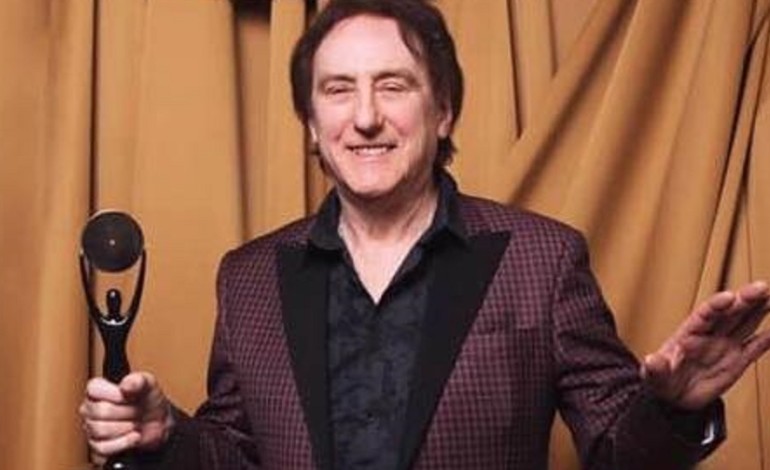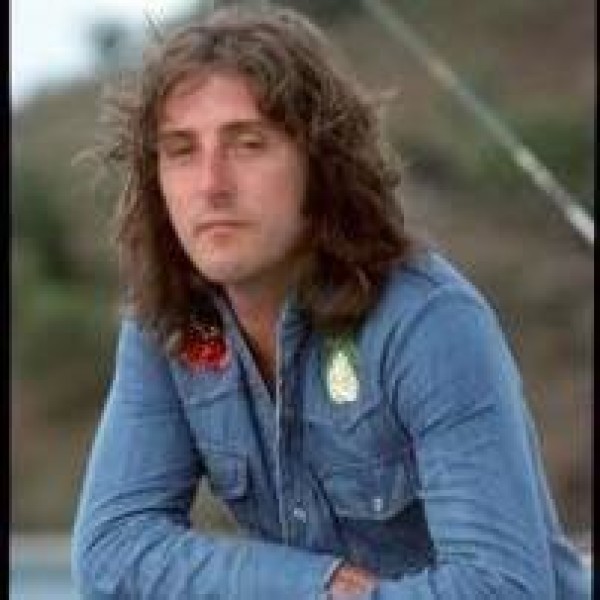
The iconic singer, songwriter and co-created of the Moody Blues and Wings, Denny Laine, passed away at the age of 79 due to lung disease. Denny gained recognition as a dedicated member of Paul McCartney’s band Wings from 1971 to 1981. Throughout his tenure, Laine made significant contributions to the band’s sound, showcasing his talents in vocals, guitars, percussion, and keyboards across all seven of their studio albums.
From their debut album Wild Life in 1971 to Back to the Egg in 1979, Laine’s musical prowess was evident. Notably, their album Band on the Run in 1973 reached the top of the charts on both sides of the Atlantic, featuring hit singles like “Jet” and the title track.
This album is often regarded as the pinnacle of Wings’ success. However, prior to his collaboration with McCartney, Laine had already established himself through a diverse range of musical experiences. In 1964, he joined forces with Mike Pinder and Ray Thomas to form the Moody Blues. Initially, they focused on covering blues songs before transitioning towards a more pop-oriented direction. Their rendition of “Go Now,” with Laine on lead vocals and guitar, topped the UK chart in 1964.
Laine embarked on some psychedelic experiments with his group, Denny Laine & the Electric String Band. Their utilisation of an amplified cello and violin quartet foreshadowed the approach later adopted by fellow Brummie Roy Wood and Electric Light Orchestra. In 1969, he joined Balls, alongside Trevor Burton, the former guitarist of the Move.
Laine, originally named Brian Hines, was born in the Channel Islands to Herbert Hines and Eva (nee Bassett). However, he spent his formative years in Tyseley, Birmingham, and attended Yardley grammar school. It was during his time there that he developed a passion for playing the guitar, with one of his main influences being the renowned jazz guitarist Django Reinhardt. At the young age of 12, Laine performed solo for the first time, and later went on to form his inaugural band, Denny Laine and the Diplomats, alongside drummer Bev Bevan, who would later become a member of Electric Light Orchestra.
It wasn’t until 1971 that Laine finally found a position alongside McCartney. The two had been acquainted since the early days when the Moody Blues toured with the Beatles. McCartney had also witnessed Laine’s talent firsthand when he opened for Jimi Hendrix at the Saville theatre in London. Laine said “Because he was impressed with seeing me trying to do something different onstage with my Electric String Band, and because we became friends, that inspired him to call me because he wanted to do something new and different.”
Red Rose Speedway (1973) brought more success, securing the fifth spot in the UK. However, it was their third album, Band on the Run, that truly skyrocketed to success, claiming the number one position. Despite facing challenges such as recording in basic conditions in Lagos, Nigeria, and the departure of drummer Seiwell and guitarist Henry McCulloch prior to recording, the album was skillfully crafted amidst a whirlwind of creative chaos. Laine recalled “It was basically just me and Paul doing the backing tracks, and it was more of a relaxed approach to doing an album than if you’re going in with a band and there are all these parts. We were thrown into that as a last resort because two of the guys didn’t come to Lagos.”
Between 1997 and 2002, he embarked on a tour alongside World Classic Rockers, a renowned ensemble of rock legends led by Nick St Nicholas from Steppenwolf. Additionally, he undertook tours with his own bands, with renditions of songs by Wings and the Moody Blues. As a testament to his remarkable contributions, he was honored with induction into the Rock and Roll Hall of Fame in 2018, recognised as a member of the Moody Blues.

